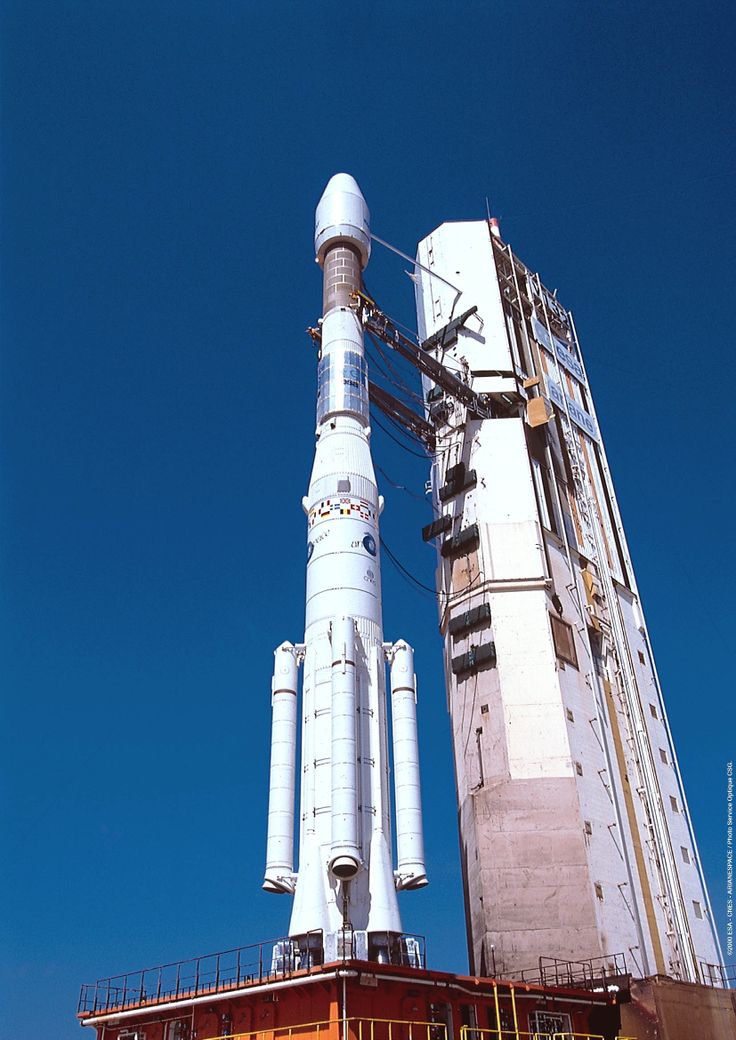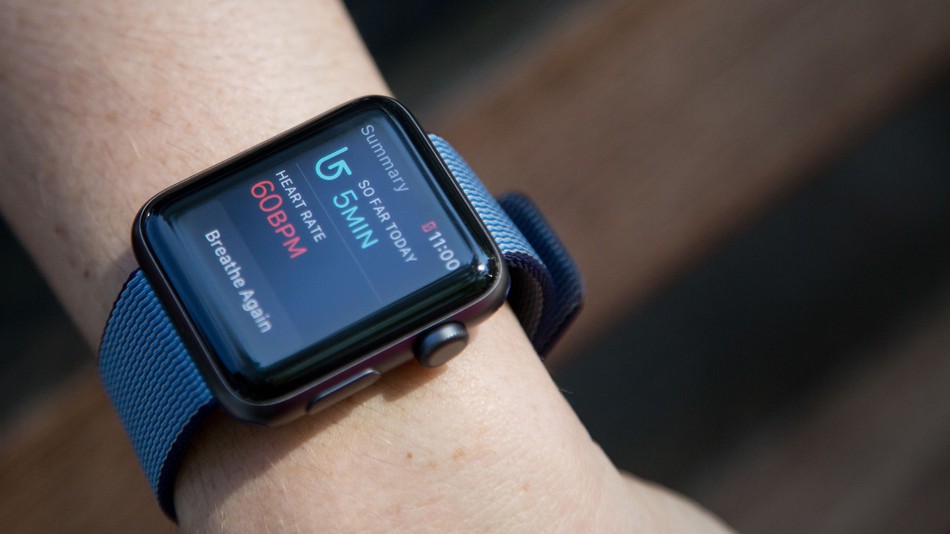Recently, the European Space Agency (ESA) has entered into a deal with Airbus Safran Launchers to create reusable and inexpensive rocket engines by 2030. The contract was agreed upon at the recent Paris Airshow and is contingent upon a demonstration engine to be fueled methane and liquid oxygen. Airbus Safran plans to use a variety of new methods for manufacture, specifically 3D printers, in order to keep costs within a budget of $1.1 million.
“The commercial market – at least the European one – is asking for reliability, on-time delivery, and cost, and we have to find the best way to answer these market expectations,” told Alain Charmeau, CEO, to Reuters.
The company, a partnership between Airbus and Safran, soon to be renamed ArianeGroup, offers rockets, powered by Vulcain 2 engines, for commercial satellite launches running about 10 million euros a piece.
This new deal with Safran AeroBooster, a Belgium company, along with Avio of Italy and GKN of Sweden already working on the Prometheus reusable rocket program, is a sign of Europe’s cooperation and commitment to play a significant role in the “race for access to space,” said Charmeau.
But the ESA demand for rockets isn’t the only factor driving the development of low-cost rockets. Charmeau highlighted the future tech of driverless cars, which will require more communication satellites and therefore more rockets to launch said satellites, as another reason for more affordable boosters.
“We know it will happen. We see prototypes that are already working in Germany and California.” He added, “We know this will be a big market but when is difficult to predict.”
At the moment, the company is focusing on building their Ariane 6 rocket, the follow-up to the popular Ariane 5. However, they aren’t concerned with reusability.
“We need, and will have Ariane 6 in 2020, but we also have to prepare for the future …and that is why this (Prometheus) program is important,” Charmeau commented. “(But) the market is not asking for reusability… As long as we have a limited number of institutional launches it’s difficult to bet on reusability.”
But their work on the Prometheus rocket will include reusability since that is part of the ESA contract.
Space Exploration Technologies (Space-X), in California, have recently launched a reused Falcon 9 in what they called “a huge revolution in space flight.”
Although Charmeau could see a future where ArianeGroup did make reusable rockets more, he thinks it unlikely that the market will demand it in the next 15 years, and his company and SpaceX are not direct competitors, he added.
Either way, ArianeGroup is in a good position and expects to have 3 billion euros in sales by the end of the year. He also expects flat returns, growing a little, until 2020, when he expects a strong upward tick.
Giulio Ranzo, chief executive of Avio, thinks that reusable rockets aren’t as necessarily cost efficient as purported. A solution that he thinks are “as efficient as reusable engines” involves building standardized parts for severing different launchers, a practice Avio has just begun.
More News to read
- What Do We Know About The New Planet in Our Solar System?
- This Startup Wants to Translate Your Own Voice into Another Language that You Can’t Speak
- This Startup Might Become the Tesla of the Electric Motorcycles
- Walmart is Playing Dirty, Warns Tech Partners Against Amazon
- The Change of The Power Grid, Thanks to Elon











